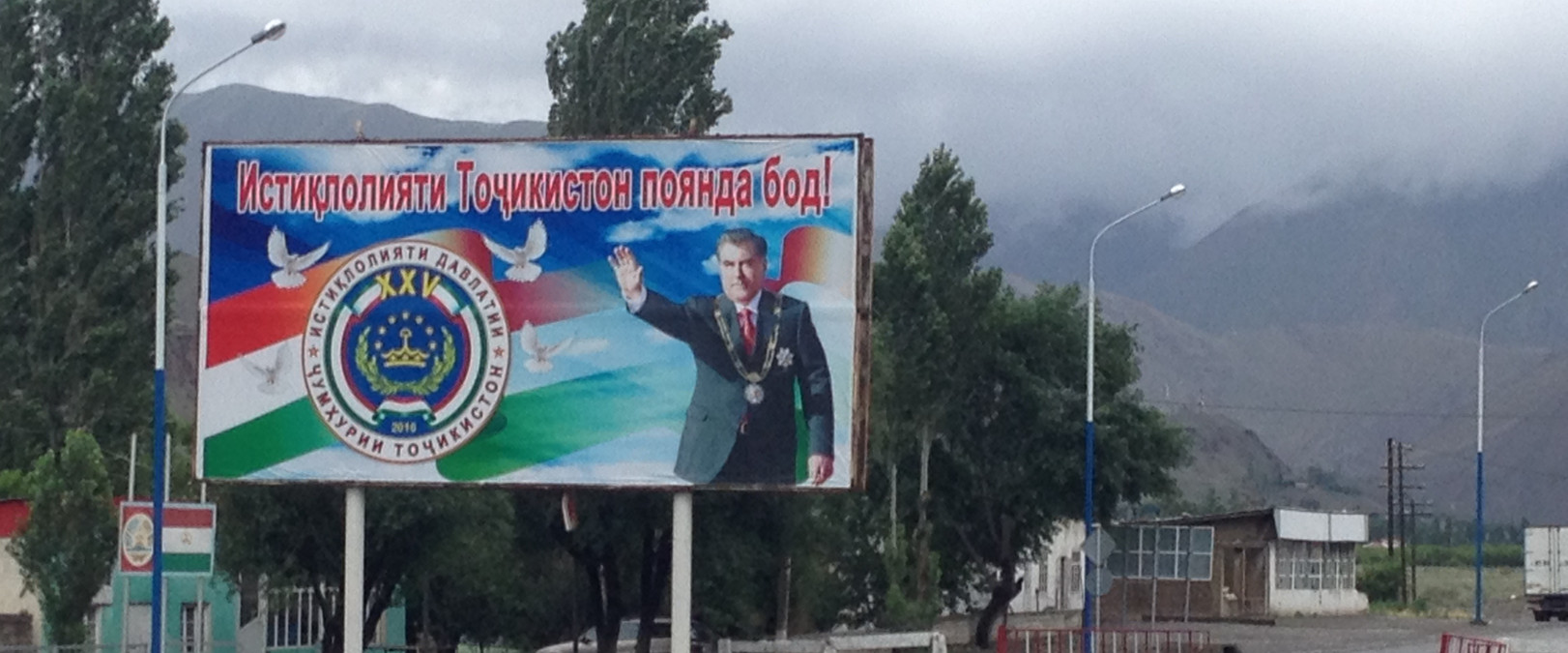Open Hunt on NGOs in Central Asia
Published: Sep 5, 2016 Reading time: 5 minutes Share: Share an articleSince independence, the former Soviet republics of Central Asia have not taken the path of democratisation. With the exception of Kyrgyzstan, which experienced two regime changes and is a rather democratic regime, Central Asian republics have firmly remained in the hands of the same person, or same elites, in the last 25 years. Unfortunately, the current trend does not leave much to hope for change. If political opposition had already been suppressed in most countries in the past, it has now been almost completely eradicated and local regimes are now stepping up repression by cracking down on civil societies.

Inspiration from Russia
Frightened by Russian propaganda and inspired by recent legislation from Moscow, Central Asian regimes have adopted their own laws to restrict the activities of local non-governmental organisations (NGOs). Indeed, according to the Kremlin, NGOs are undermining post-Soviet regimes and fomenting 'colour revolutions' to install pro-Western governments. Since November 2012, Russian NGOs deemed to be engaged in 'political activity', a term very widely understood by the authorities, and receiving foreign funding are exposed to countless checks and penalties. Moreover, they have to carry the stigmatising label of 'foreign agents'.
Central Asian Emulators
Although countries like Turkmenistan and Uzbekistan had already tightly limited possibilities for NGOs, Russian influence was felt in the three other republics, where new laws, or law projects, showed desire to replicate Moscow's example. Although none of them went as far as to label NGOs as 'foreign agents', the same rhetoric of 'internal enemies', 'fifth column' and 'traitors' is prevalent.
Kazakhstan
Although it likes to present itself as a modern, successful country, Kazakhstan remains a dictatorship in the firm grip of Nursultan Nazarbayev, who has been in control of the country since 1989. His reign has been marked by numerous human rights violations and a steady repression of critical voices.
Subsequently, NGOs have been regular targets of the state and recent legislative moves have only made matters worse. Indeed, in July 2014 a new criminal code foreseeing heavy penalties to NGO workers for any minor violation was adopted. More recently, in December 2015, the government tried to impose new burdensome information requirements for NGOs, but those amendments were somewhat mitigated following advocacy efforts by civil society.
As in most cases in Kazakhstan, the law as such is rarely a problem, but implementation is. The case of NGOs is not an exception, and law enforcement agencies have been known to deploy particular zeal against those criticising the government, multiplying controls and checks.
Kyrgyzstan
Thanks to the parliamentarian model adopted after the 2010 ousting of President Kurmanbek Bakayev, power is less centralised in Kyrgyzstan, and thus attacks on the NGO sector have rather been led by some deputies wilfully recycling the Kremlin’s discourse and branding NGOs which receive foreign funding as traitors. Thanks to advocacy efforts by civil society and NGOs, Parliament has rejected isolated legislative attempts to limit civil society’s room of manoeuvre in May 2016. Nevertheless, according to Parliament procedures, a similar bill can be reintroduced six months after its rejection and it is likely that it will return to the floor.
However, the current atmosphere in Kyrgyzstan makes it harder for NGOs working on human rights and democratisation issues, as public campaigns in the media and populistic politicians often target them, labelling them as alien to local values and defending foreign interests. For example, NGOs defending LGBT rights or denouncing the authorities’ abuses in the fight against islamist extremism are accused of promoting immorality and terrorism. Recently, President Almazbek Atambayev himself insulted two leading Human Rights defenders by alleging they were serving the interests of foreign financial donors. In return, they decided to sue him…
Tajikistan
Last year, Tajikistan went through the biggest crack-down on opposition and civil society since its independence. President Emomali Rahmon, in power since 1992, struck against all political opponents, real or imagined. Tajik authorities then moved on against lawyers defending jailed opponents, journalists still daring to voice criticism and NGOs defending human rights.
Recent legislative moves by the government show the regime’s willingness to curb the activities of NGOs criticising the authorities. Thus, on March 31, 2016, a regulation was approved according to which all foreign grants must be registered in the Ministry of Justice’s Registry of Humanitarian Aid. It remains to see how this will be implemented and whether the Ministry of Justice will withhold funds for human rights and democratisation projects.
In addition to the tightening of rules, harassment by the authorities is expected to continue. A current practice in Tajikistan is unending tax controls which never fail to end in sizeable fines for targeted NGOs. Another tactic is to close down NGOs on fallacious grounds, such as moving from one office to another in the same building without notifying the authorities. Furthermore, it is not rare to see the authorities refuse to register NGOs which might stir trouble for them. For example, it took no less than thirteen (!) attempts before the ‘Office of Civil Freedoms’ could be registered in June 2016.
A Region Drifting Away
All in all, the tightening of rules against NGOs fits into a regional pattern of repression. On top of Russian influence, other factors have played a role in inciting regimes to get tougher, such as the economic crisis and accompanying popular discontent, fear of radical Islamism and uncertainty concerning the succession of ageing dictators. Twenty-five years after their independence, former Soviet republics of Central Asia are stuck into cycles of repression and hopes of liberal democracy are long-forgotten. Now local civil societies are fighting for survival and they need international support to prevent the region from becoming a zone of complete autocracy and lawlessness.


